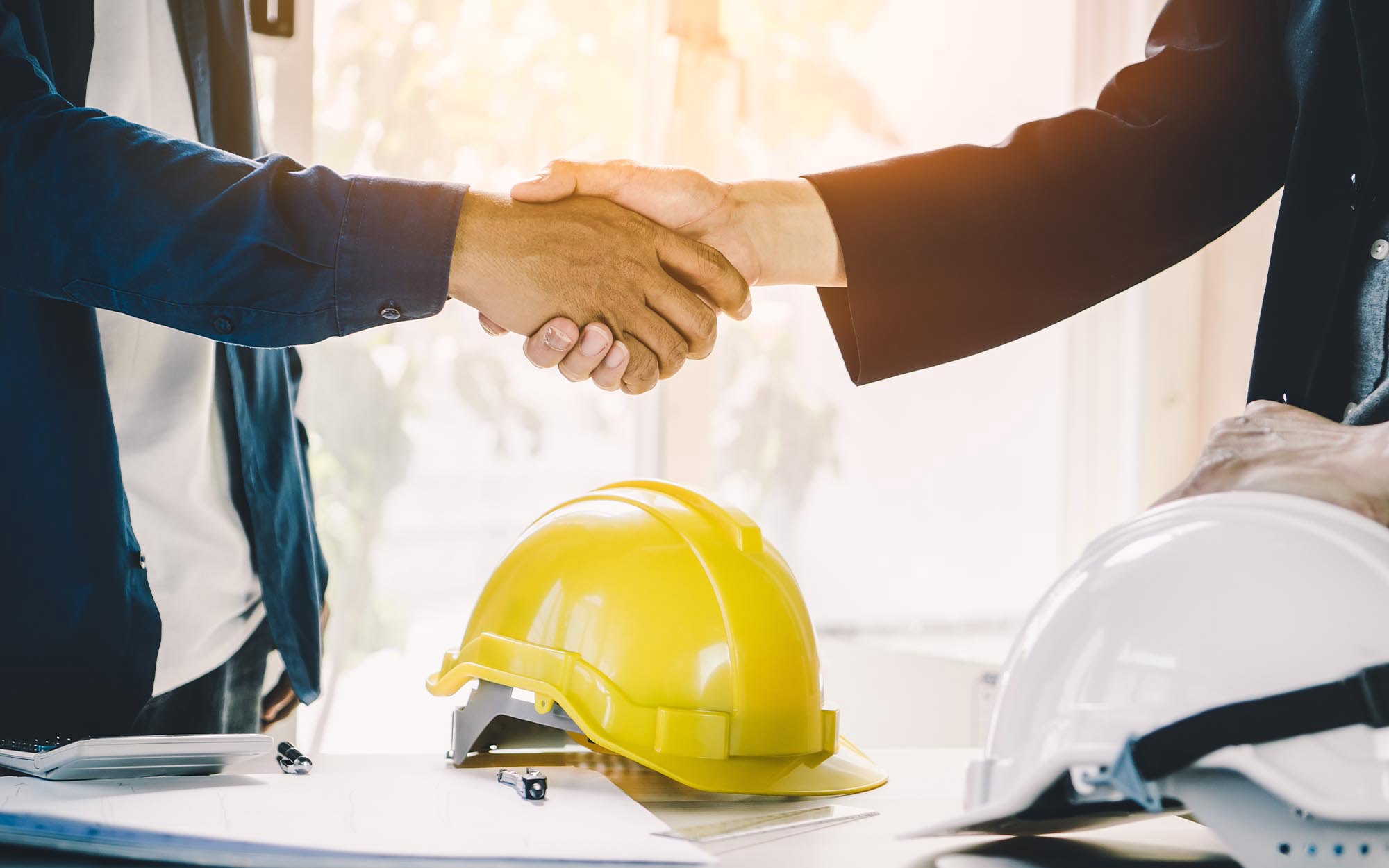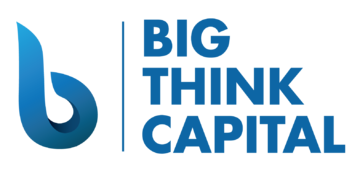
Applying for an SBA construction loan can be a complex process with numerous requirements that need to be met. In this article, we provide a comprehensive guide into successfully securing an SBA construction loan. From understanding eligibility criteria to knowing the required documents, terms, and costs of SBA construction loans, this article will be your ultimate guide.
Qualifying for an SBA Loan
Many construction companies dream of expanding their operations or investing in additional projects. However, this often requires significant financing that may be difficult to secure. This is where small business administration (SBA) construction loans come in.
These loans, backed by the United States government, are designed to assist small businesses, including construction firms, secure the funding they need to thrive. But, how do you qualify for one?
Eligibility Criteria Based on SBA Guidelines
Understanding the eligibility criteria based on SBA guidelines is the first step in securing an SBA construction loan. Primarily, your construction firm must operate for profit and do business within the United States. Further, it should fall within the SBA’s size standards, which vary by industry. Using SBA’s size standard tool, businesses can determine if they qualify as a ‘small business,’ thus making them eligible for SBA loans.
Beyond size, the construction firm must demonstrate it has the need for the desired credit. This implies that the loans and credit already available from non-government sources are not sufficient to meet your financial requirements. Lastly, to get an SBA loan, your company should have a sound business purpose and must have invested its own time and resources into the venture, proving its commitment to the projects.
Business Financials and Credit Requirements
Another crucial aspect of SBA loan qualification is the requirement of collateral and equity. While the SBA does not decline a loan purely on the basis of inadequate collateral, it is characterized as a secondary source of repayment. Therefore, for large loans or loans intended for real estate development, lenders typically request substantial collateral.
On the equity front, the business owner is expected to bring some equity into the venture, especially for SBA construction loans. This confirms your ‘skin in the game’ and demonstrates commitment to the proposed project.
Applying for an SBA Construction Loan
Once you’ve done your homework in terms of eligibility and business financials, it’s time to apply for your SBA construction loan. This step can get a bit intricate, but with a clear understanding of the loan application process, required documents, and some strategies to increase your chances of approval, it can be streamlined.
Steps in the Loan Application Process
The loan application process for an SBA construction loan is straightforward. The first step is choosing a suitable SBA loan program, for instance, SBA 7(a), 504, or Microloan, depending upon your business needs, loan amounts, and repayment terms. Post this, you would need to find an approved SBA lender. Many traditional banks, credit unions, and online lenders offer SBA loans.
Following this, you would prepare a loan package comprising various documents that have to be submitted to the lender. Remember that the stronger your loan application, the higher your chances of clinching the deal. Lastly, if your application gets approved, you’d move to closing the loan and receiving your funds.
Required Documents for SBA Construction Loan Application
The loan application process for an SBA construction loan carries a suite of necessary documentation. Ready your business plan, a thorough and well-drafted business plan can go a long way in convincing lenders about your business’s viability. Accompanied with the plan should be financial statements, profit and loss statements, and projected financial statements, giving a clear view of your past and future business finances.
Furthermore, cash flow is king in the construction business. Hence a seasoned cash flow report is pivotal in loan applications. Additional documents that might be necessary include collateral details, ownership and affiliations, SBA borrower information form, income tax returns, resumes of all owners, and a statement of personal history.
These documents represent the big picture of your business. They help the lender understand your business better and make an informed decision about your loan.
How to Increase Your Chances of Approval
The SBA construction loan application process could be a challenging endeavor, but certain strategies can boost the likelihood of your application’s success. Here are some tips:
First, make sure your credit history is in good shape. A good credit score, both business and personal, adds credibility in the eyes of lenders. Second, prepare a compelling business plan that addresses everything from your business model to growth strategies. A comprehensive plan indicates serious intent and detailed planning.
Lastly, don’t underestimate the power of relationships. Cultivate a good relationship with your SBA lender. Demonstrate transparency, honesty, and responsiveness through your interactions with them. This not only builds trust but could also expedite your loan process.
Terms and Costs of SBA Construction Loans
The terms and costs associated with SBA construction loans can be quite complicated and might feel overwhelming, particularly for new business owners. These financing tools are aimed to address the financial needs of small businesses, including those in the construction sector, in the United States. Nevertheless, they come with their own sets of rules and requirements, among which repayment terms and interest rates are paramount.
Interest Rates and Repayment Schedules
First, we’ll peek under the hood of the interest rates for SBA construction loans. These are usually variable and are tethered to the prime rate, which is set by the federal government. The specific interest rate assigned to your SBA construction loan could be influenced by several factors such as your credit history, business financials and the amount of loan requested.
As you navigate through the sea of SBA loan options for your construction firm, you’ll find that these loans typically offer long repayment terms. The goal is to provide your company with more time to repay the loan without adding unnecessary pressure on your cash flow. For SBA commercial construction loans, the repayment terms usually extend up to 25 years. One of the great upsides of this feature is that it can help you better manage your working capital and fuel further growth and real estate development for your business.
Down Payment and Closing Costs
Taking a step forward, let’s talk about the down payment or equity injection, which is an essential part of any SBA construction loan. This requirement can usually range from 10% to 20% of the total project cost, although there could be variations based on the nature of your project and your financial standing.
Now, to the closing costs. This is the term used to refer to the assortment of fees you’ll have to pay at the loan closing. These costs could include loan servicing fees, loan closing fees, environmental studies, appraisals, and more. It’s advisable to calculate or estimate these costs early on, perhaps with the help of a loan calculator, or by consulting with a loan expert, to avoid any unpleasant surprises down the line.
Potential Penalties and Additional Fees
Last, but not the least, are those potential penalties and additional fees that could be lurking in your loan agreement. For instance, some SBA construction loans may incorporate a prepayment penalty, primarily if your loan’s term surpasses a particular threshold. If your construction business prospers and you find yourself capable of paying back your loan early, this penalty can come as a surprise.
There might be additional fees as well, such as late payment fees if you miss a payment deadline, or a funding circle fee depending on your lender’s policies. Therefore, it’s crucial to read your loan agreement meticulously and raise questions about anything you don’t understand.
Secure Your SBA Loan With Big Think Capital
If you’re seeking to secure an SBA construction loan for your construction company that offers excellent loan terms and comprehensive loan servicing FAQs, Big Think Capital may be exactly what you’re looking for.
With a simple and straightforward loan application process, Big Think Capital offers an efficient and effective path for construction companies looking to secure their loan. The team’s extensive experience in business finance strengthens its ability to handle loan amounts of varying sizes and complexity.








